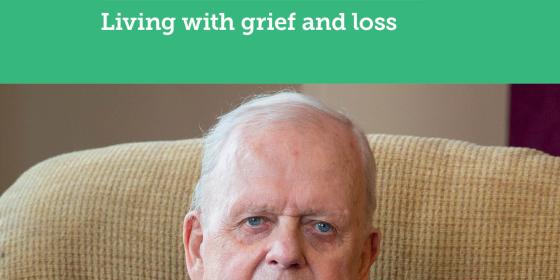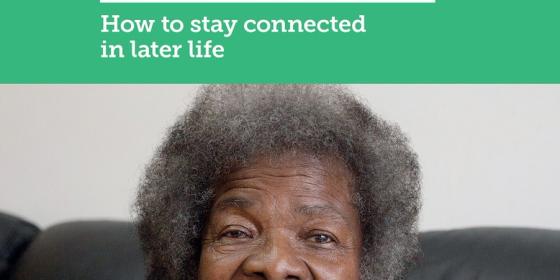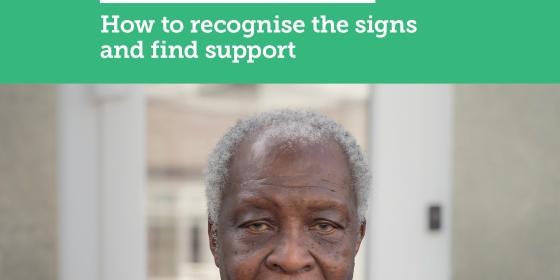
“…time and time again I see how older women fail to get the help they need because they don’t know what help is out there, or aren’t referred to the services that are available.
This is a tragedy when there is evidence that older women respond well to therapies and medical treatments. The Governments’ Women’s Mental Health Taskforce report provides a very recent example of the lack of recognition of the care needs of older women.
This report made many recommendations around women’s mental health needs but barely mentioned older women. This was such a wasted opportunity. We need to be working much harder as a society to ensure that older women are not forgotten, and that they get appropriate advice and support for their mental health needs.”
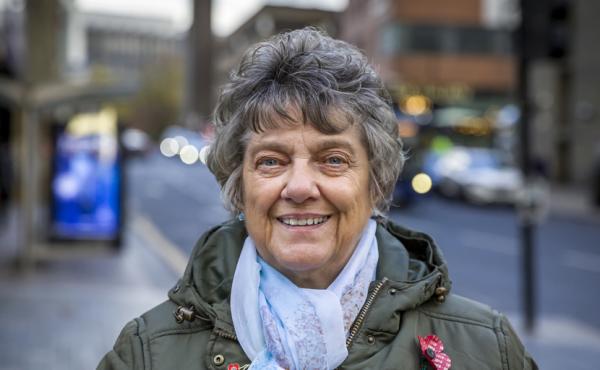
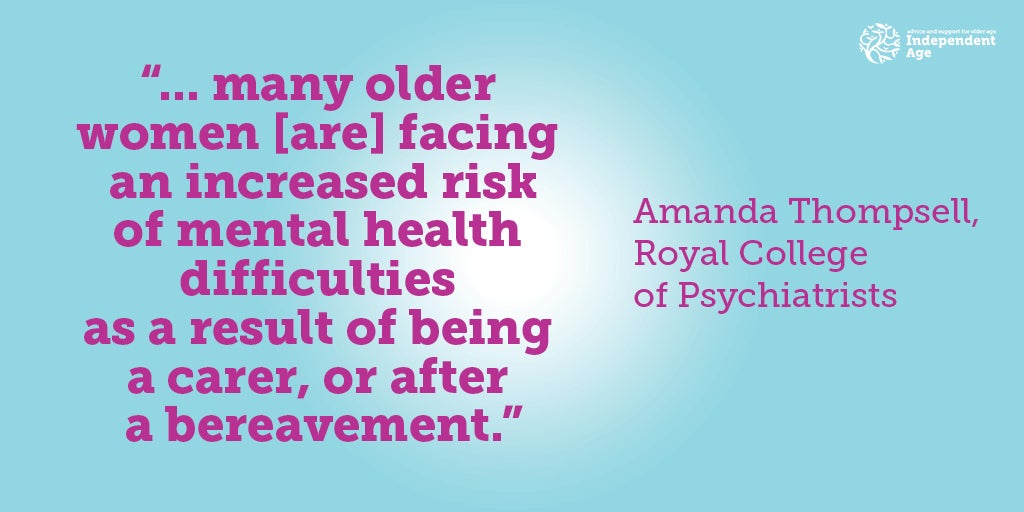
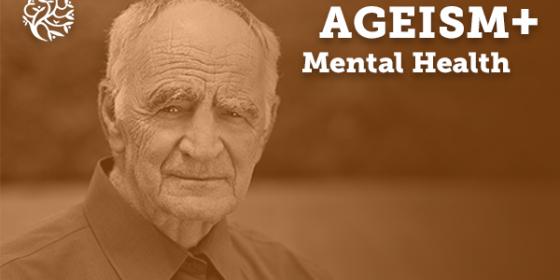 Ageism and mental health services
Ageism and mental health services
